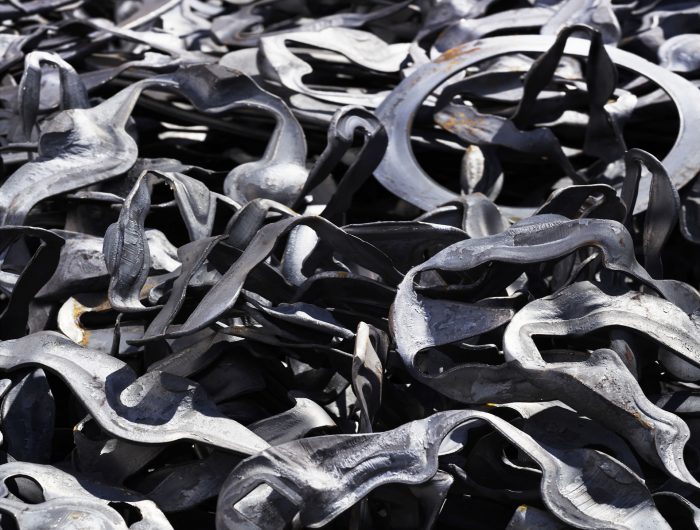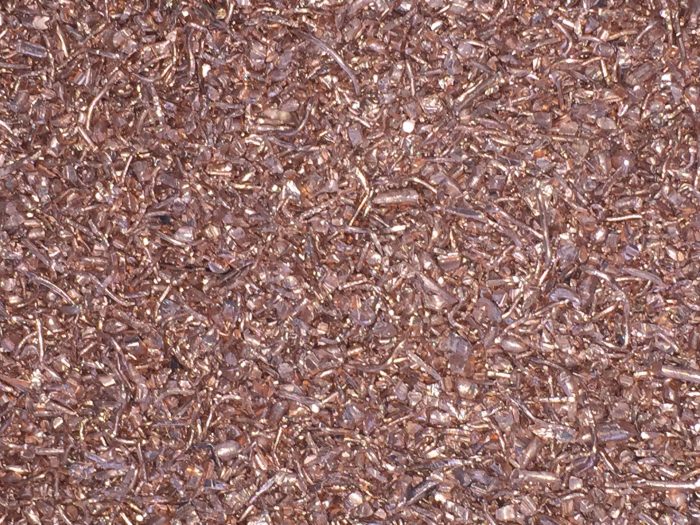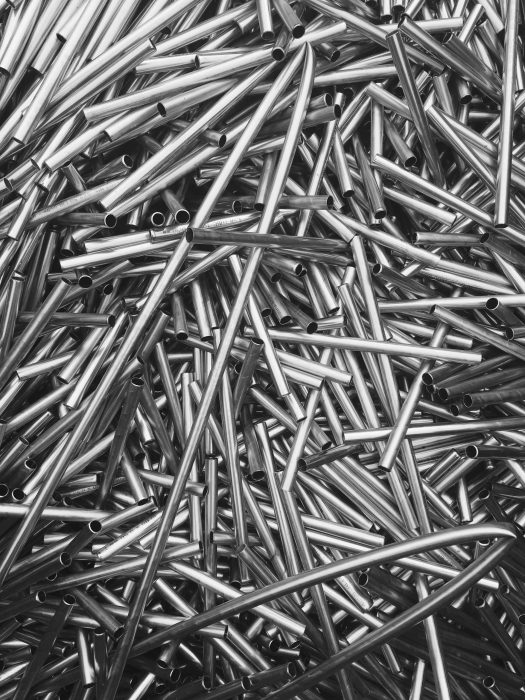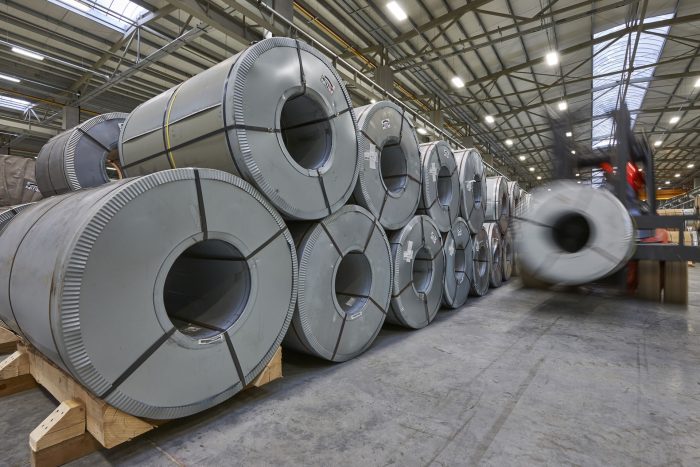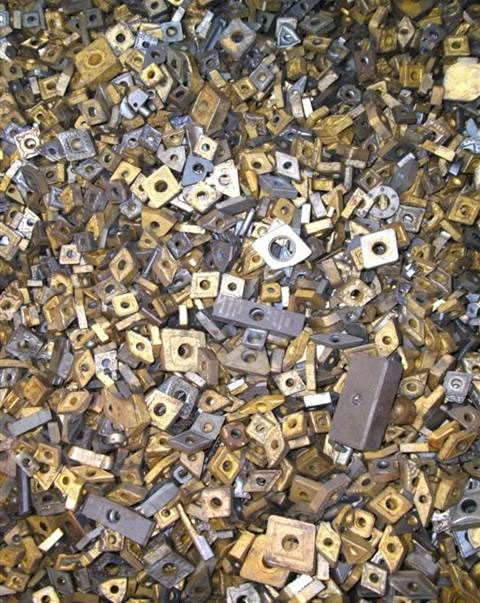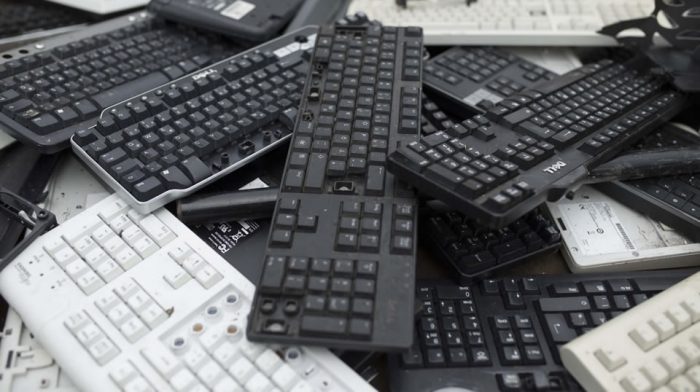Protecting resources
We take nature as the model for our business: a material cycle in which nothing gets wastes and resources are sustainably husbanded. That's why we see steel and metal recycling as an active contribution to environmental protection. After all, Scholz Recycling GmbH helps close the gap between secondary raw materials and finished products. This is ensured by smooth logistics, geographical proximity to steel mills and foundries, as well as favourable infrastructure. Naturally this applies equally to recyclable materials such as electronic waste, plastics, waste wood and much more.
Steel and foundry scrap
Steel and foundry scrap of various kinds are processed at the Scholz Recycling GmbH yards to produce different end products, which are directly fed into the economic cycle in the steelworks/ foundries as secondary raw materials. Our processing centres specialise in the manufacture of steel mill products and foundry scrap. This involves state-of-the-art shredder systems, scrap shears, rail breakers, baling presses, crushers, car and briquetting presses.
Foundries and mills demand materials with a high degree of purity. In the case of scrap, this is not a contradiction, but rather a quality feature. In order to supply foundries with specifically required raw materials, we prepare steel and foundry scrap in accordance with specified quality requirements. In addition to scrap shears, rail breakers are also used. We also supply scrap directly to our customers through inline operations.
Non-ferrous metal scrap
Scrap and residue from non-ferrous metals copper, aluminium, lead, zinc and tin, as well as alloys of these metals, are registered and collected by a variety of storage companies.
Further processing takes place in specialised locations that have modern analysis and processing capacities. Here, the metal scrap is processed according to the specifications of the end users (smelters, foundries and refineries) with regard to composition and dimensions and sent for dispatch.
As the CEG- / Scholz Group is very well-positioned in an international context, we are able to market metal scrap worldwide efficiently.
Alloyed steel scrap
Steels that are refined with the alloy metals nickel, chromium and/or molybdenum and that have special material properties, are grouped together as “alloyed steels”.
Several Scholz Recycling GmbH sites have specialised in the market segment of alloyed steel scrap. Modern laboratory technology enables these sites to quickly and precisely determine the alloy content of the delivered scrap.
The alloyed steel scrap is combined by the processing plants to produce material types and dimensions according to the specifications of our customers. Our customer base includes stainless steel plants and foundries worldwide.
Unclassified steel products
A further component of our product portfolio are unclassified steel products. We purchase and supply hot and cold rolled coils, sheets, round and square bars, as well as carriers in all marketable qualities. We act as a link between steel producers and steel consumers all over Europe.
Special alloys
We own one of the largest handling and processing sites in Germany for alloyed steel scrap. But Scholz Recycling GmbH is also the first point of contact when it comes to special alloys. Our location in Mülheim an der Ruhr specialises in the processing of all special alloys, high-speed steel , tungsten carbide, hot and cold worked steel, cobalt based alloys such as Stellite, Umco, Permendur etc. as well as metals like tungsten, molybdenum, chromium, vanadium, cobalt, titanium, tantalum, niobium, etc.
The respective qualities are sorted and analysed by us and prepared as finished blends for our customers in the steel works. We are supported by many years of experience in this specialist field of metal recycling, as well as by our modern laboratory technology, which enables us to determine the alloying components of the delivered scrap quickly and with absolute precision.
Recyclable materials
Of course we do not only see steel and metal recycling as active environmental protection, but also the professional and sustainable recycling of valuable substances, such as electronic waste, plastics, waste wood and much more. Thus we are constantly playing an important role in closing the raw material cycle.


